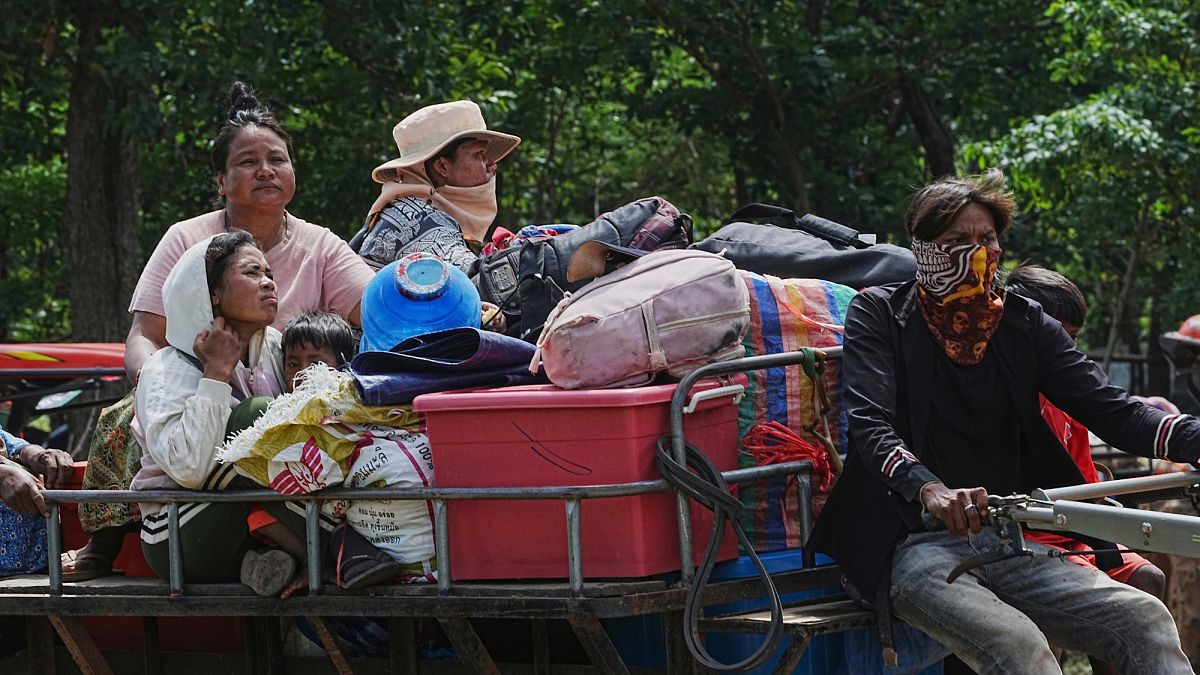

In a situation calling for calm dialogue and understanding, recent events along the Thailand-Cambodia border have resulted in thousands of displaced individuals seeking safety from escalating military activities. Both nations have acknowledged a longstanding border dispute, and current developments have intensified concerns for the region’s stability. As tensions escalated over several weeks, these two Southeast Asian countries found themselves engaged in one of their most significant military confrontations in over a decade.
The situation saw rapid developments when clashes broke out, reportedly at multiple locations along the contested border. As leaders strive for a resolution, Thailand’s acting Prime Minister Phumtham Wechayachai has emphasized the importance of avoiding further escalation. During a recent address in Bangkok, he reassured citizens and the international community that, while tensions are high, efforts to protect national sovereignty and maintain dialogue are paramount to prevent the situation from devolving into full-scale conflict.
Efforts to ensure public safety have led to the evacuation of more than 130,000 people from the conflict zone on the Thai side. Simultaneously, diplomatic measures are being carefully evaluated to foster stability. The death toll, as confirmed by Thai military officials, stands at fourteen, with thirteen civilians and one Thai soldier having tragically lost their lives on the first day of major confrontations. In light of these developments, border crossings have been closed, with military forces tasked with implementing safety measures and maintaining order.
Amid this backdrop, both nations have pointed to each other as the initiator of these hostilities. However, calls for restraint and peace resonate amidst the international community’s watchful eye. The deployment of heavy weaponry and the use of fighter jets mark a significant phase in the conflict at the ground level, underscoring the urgent need for a peaceful resolution.
The historical context of these tensions is rooted in a protracted dispute over land demarcation, an issue that has simmered and occasionally erupted over several decades. Recent clashes have rekindled these issues, highlighting the need for diplomatic intervention and adherence to ceaseless dialogue. Meanwhile, humanitarian efforts are actively in place to support those affected, with government and non-governmental organizations dedicating resources to alleviate the plight of displaced individuals.
As these two nations navigate this challenging period, serenity and thoughtful engagement remain critical. The international community continues to encourage both sides to embrace discussions and mutual respect as pathways to lasting peace. This conflict, though a current moment of tension, holds the potential for growth and resolution through collaboration and comprehensive dialogue. Underneath the surface of these unfortunate events, a strong desire and commitment to peace resonate as families and communities aspire to return to normalcy and growth.
Source: {link}
